The “closed season” is a time when the capture and consumption of some marine species is prohibited in order to preserve them.
Every year, the Ministry of the Environment and Natural Resources of the Dominican Republic mentions the species that are prohibited from capture. This ban covers seasons that are recurrent each year, bans for several years and other permanent ones for species that are in danger of extinction.
From 2021 to 2023, it will be closed.
In the Dominican Republic, the capture, fishing, and commercialization of the following species is totally prohibited: Parrot fish, Soap fish, Butú fish, Parrot fish, Doctor fish, Surgeonfish, Angel fish, Butterfly fish, Sea Cucumber fish.
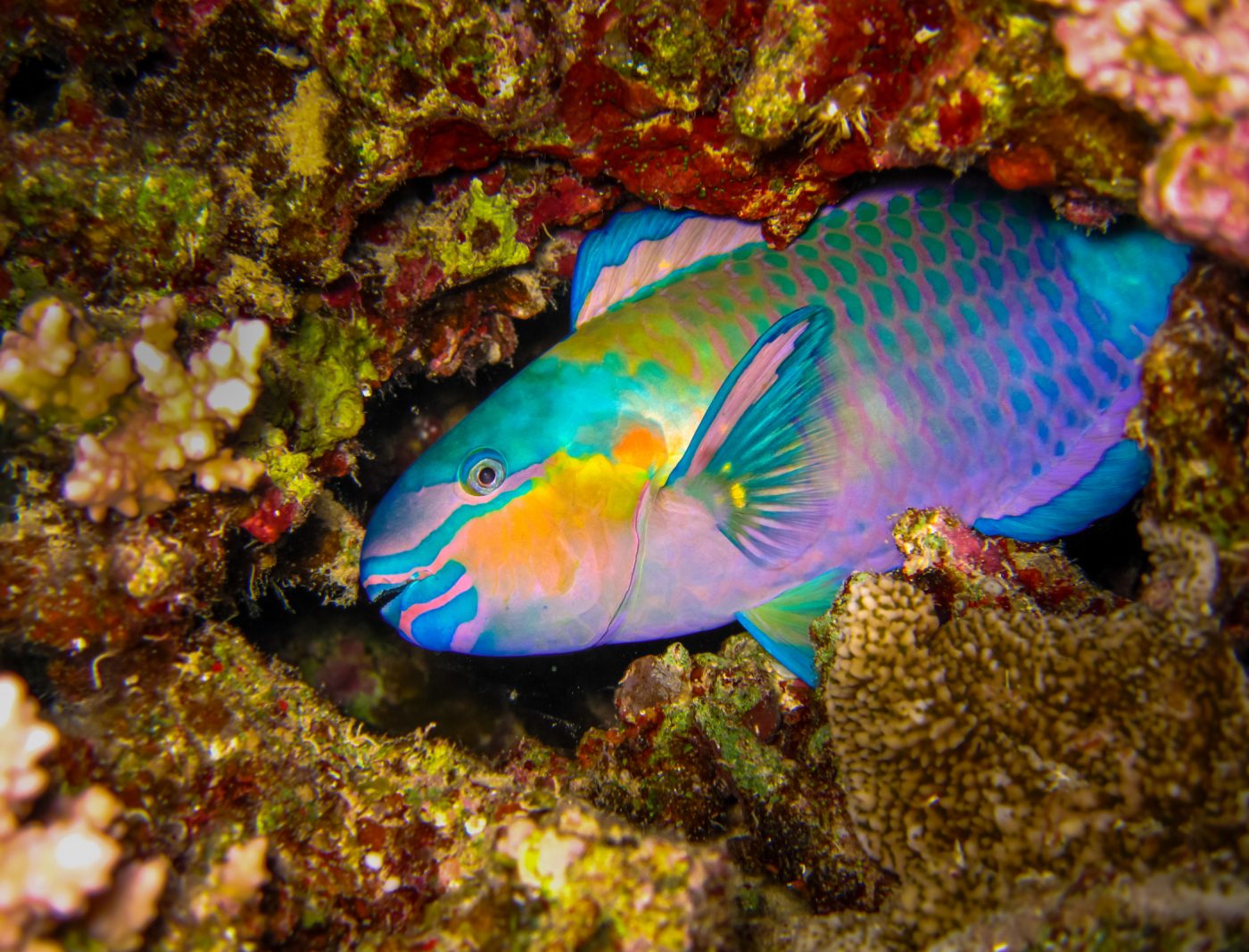
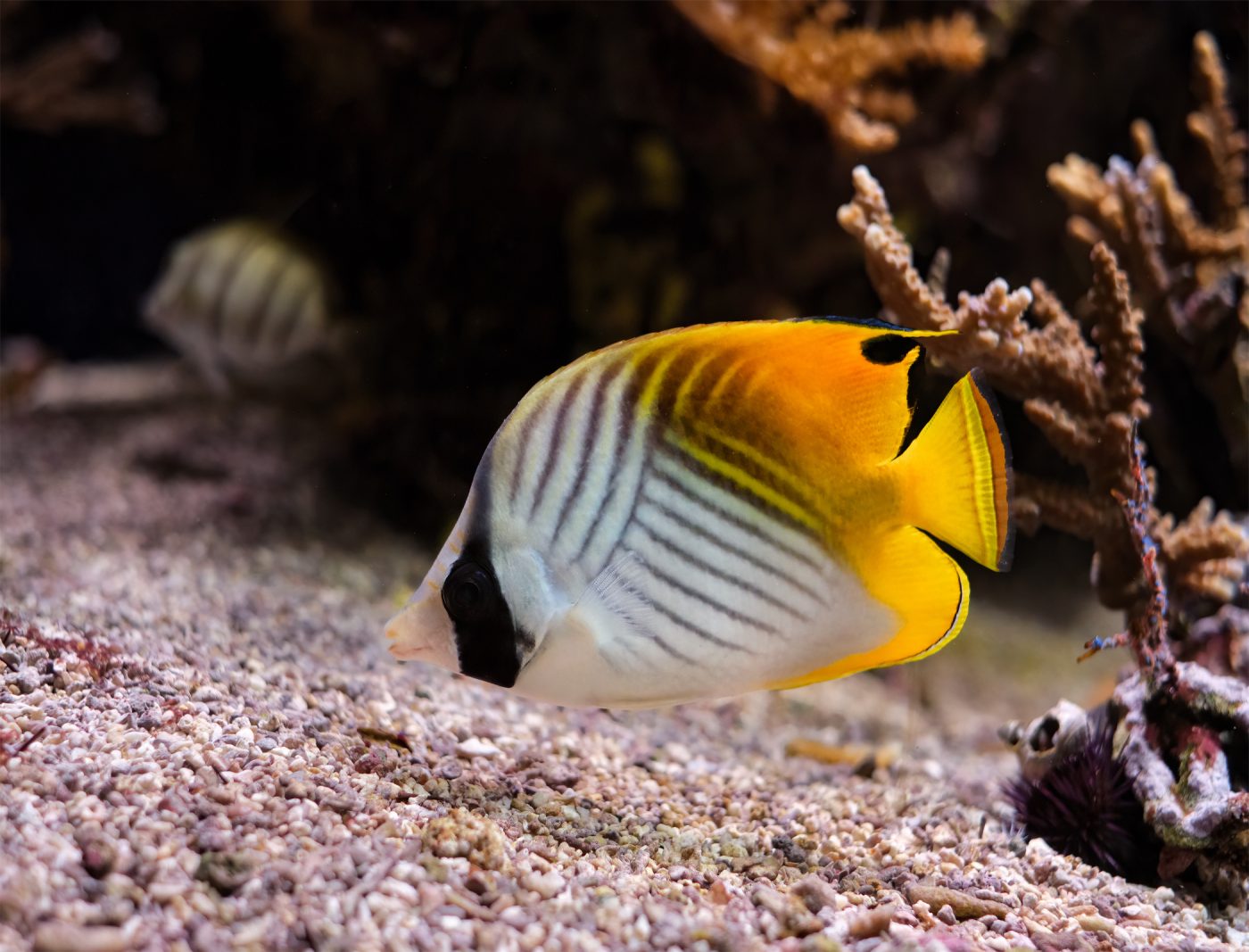
The ban for these fish has been established for two years. It began on July 2, 2021, and will end on July 2, 2023.
Year of recurrence 2022
The Dominican Republic established a temporary ban for the year 2022 for the following species:
- The lobster ban, which began on March 1 and will end on June 30,
- The crab ban began on March 1 and will end on June 30.
- The Lambí begins on July 1st and ends on October 31st.
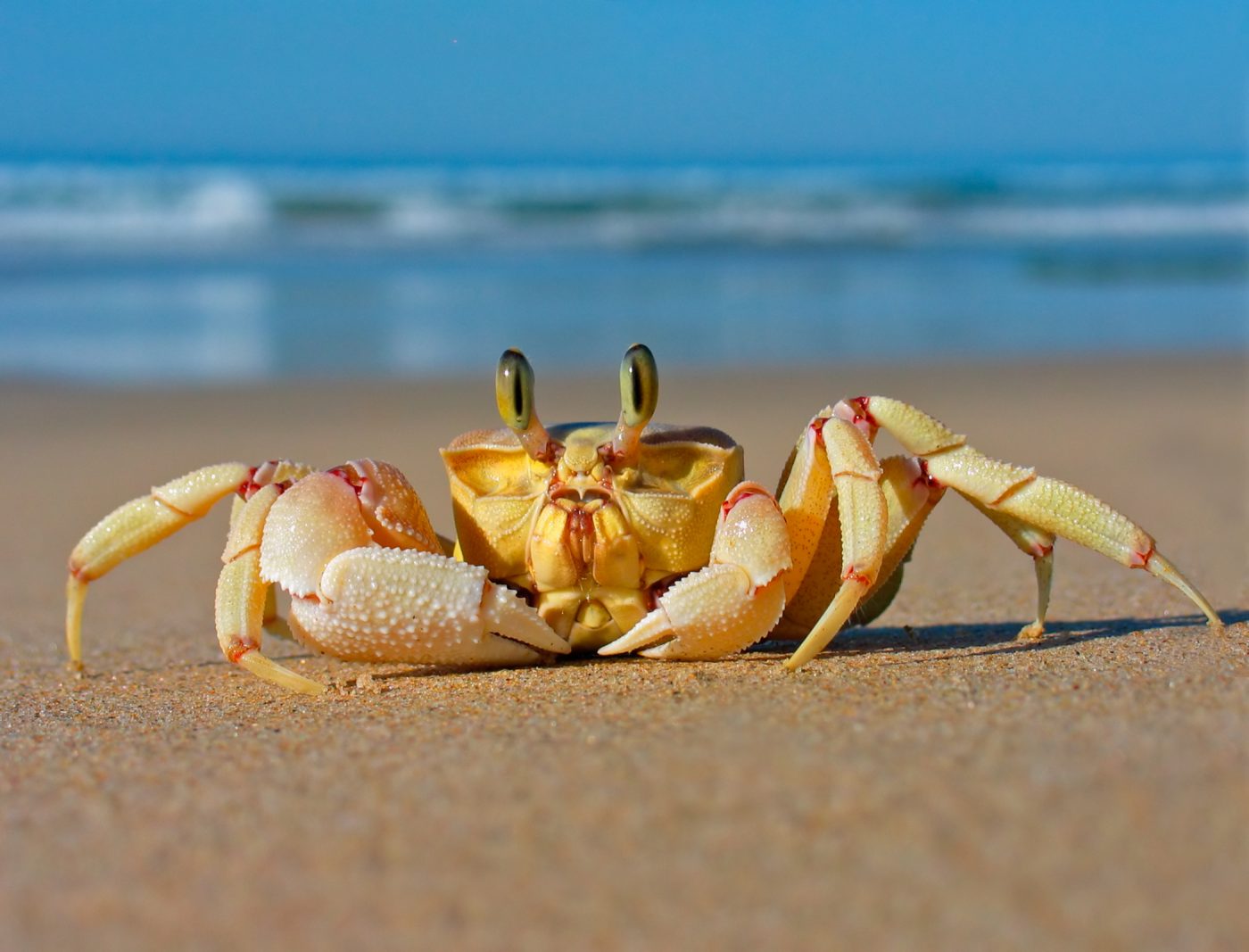
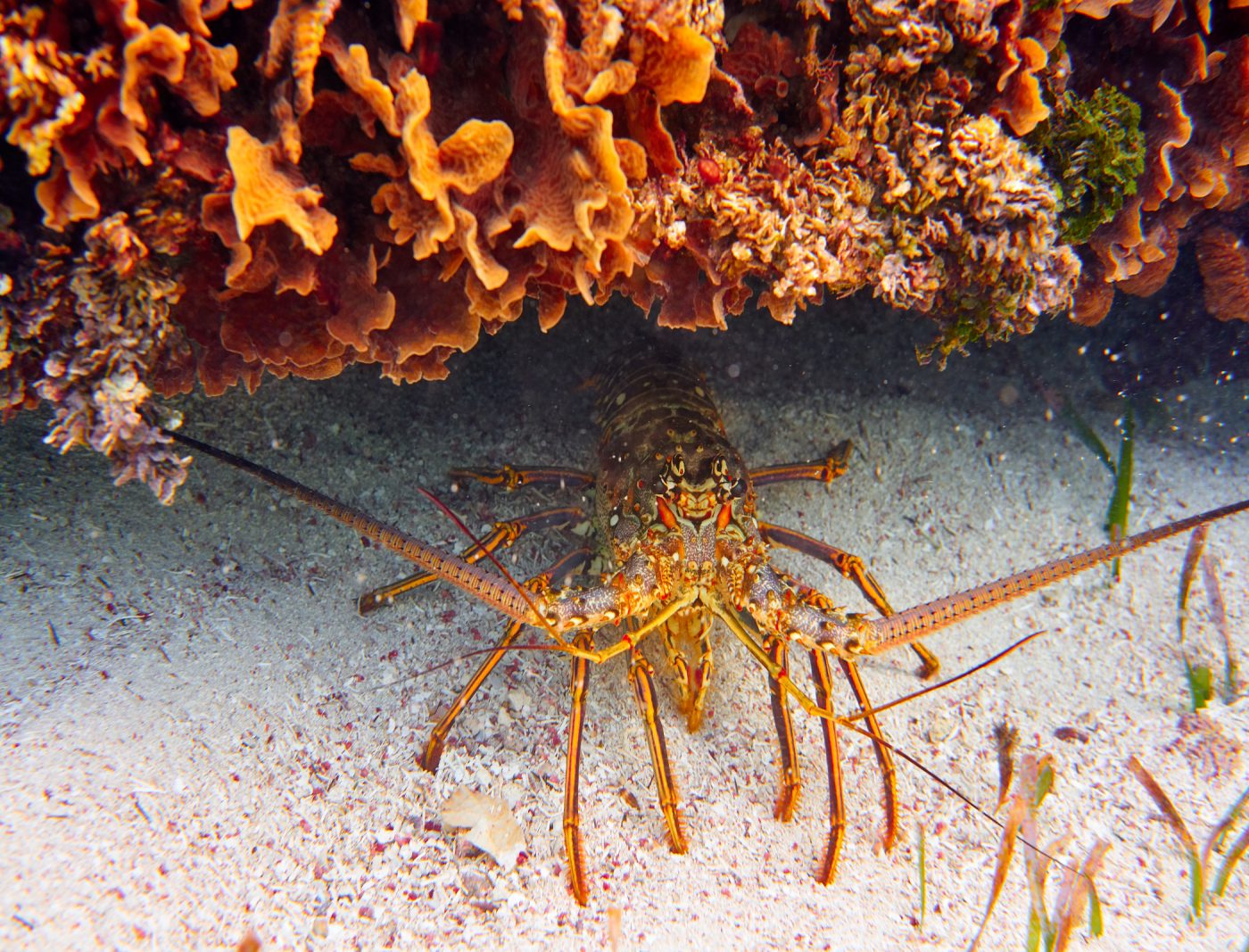
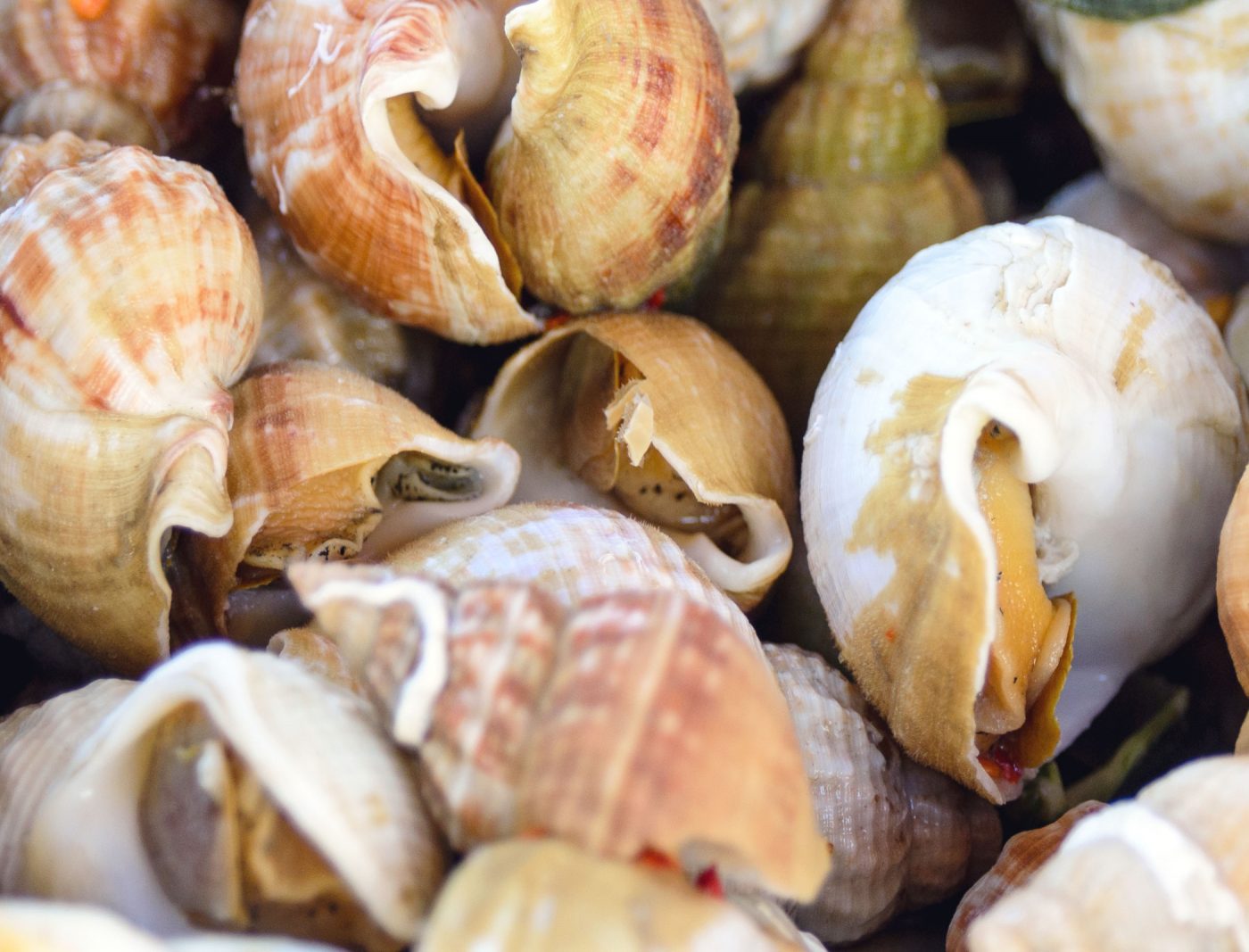
The species mentioned should not be available in food establishments or supermarkets during the established closed dates. According to decree 418-21 issued by the President of the Republic, Luis Abinader, failure to comply with it carries sanctions ranging from fines to prison time.
Endangered species
Among the species that maintain a permanent ban and that are in danger of extinction are: Picúa fish, Barracuda fish, Medregal fish, King fish, Green Turtle, Hawksbill, Hicotea, Caguamo, and manatees.
Coral reefs are facing the same fate, on the verge of extinction, as is the case of the Cuerno de Ciervo Coral, for which the Dominican Foundation of Marine Reserves has been forced to create a nursery in the waters of Bayahibe in order to gradually transplant it to other coasts of the country, contributing to the conservation of the species, as is the case of the transplant carried out on the coast of Punta Cana.
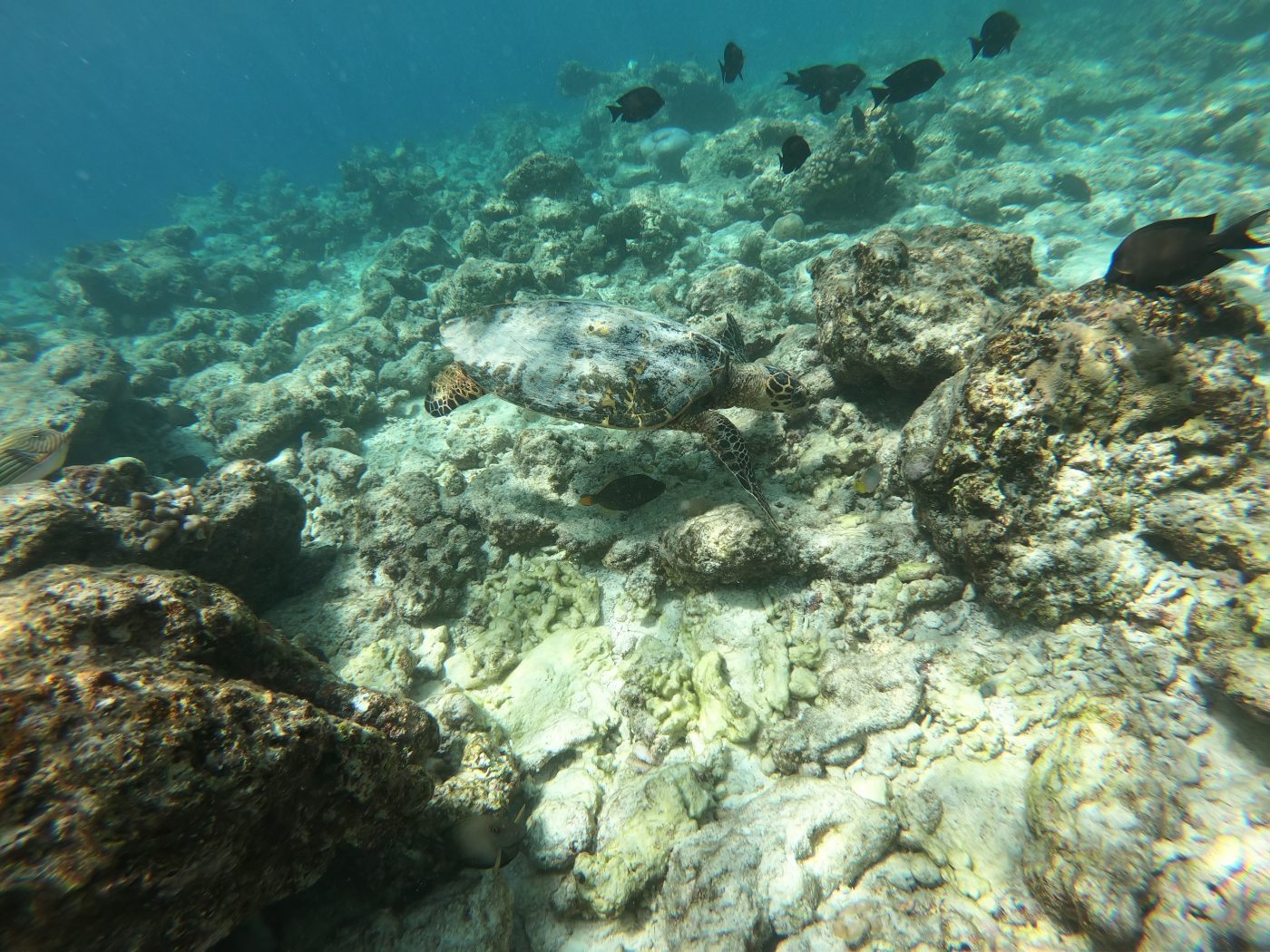
One of the main causes of the risk of losing these reefs, after the human hand, is the lionfish. It is responsible for devouring coral reefs, hence the insistent call to consume said fish to create a balance in the marine ecosystem.
As human beings and part of the planet, we must become aware of the fragility of marine ecosystems, their biodiversity and the species that make them up. These species, among many others, are the ones that keep our seas alive, which are being affected by the unscrupulous hands of human beings. Such is the case of the Parrot fish, which is responsible for keeping corals alive and our coasts full of white sand. They are in danger due to the fishing industry and high levels of pollution.
We call on the consciences of fishermen, supermarkets, restaurants, and hotels to refrain from capturing and marketing the species during the established time. For a better environment, respect the Closed Season for fishing and consumption.
At WannaBoats, we respect and contribute to the conservation and protection of these marine species.
Protect and respect nature and marine species so that everyone can enjoy this great treasure for generations!
